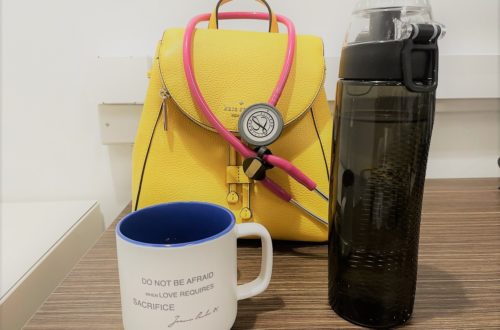
Reading Scientific Papers in Pathology
A couple of weeks ago, I had a career counseling meeting with Dr. Jason Karamchandani, a staff neuropathologist and was previously our residency program director. One of the topics brought up was the requirement for a research project, ideally completed longitudinally during residency.
Now I am no stranger to research and the scientific method, having had to complete a thesis as early as in high school. Back then and even in university, the hypotheses and experimentation were dependent on what the laboratory needed to be done. I did not need to generate my own research question. And then, when I had to while doing my Master’s degree, I could because I was quite knowledgeable about ocular science.
But where I’m at now, having barely started residency in anatomical pathology, the weight of everything I must know to even be able to define what I and the rest of the world don’t know and can investigate is heavy.
I realized a few weeks back that in addition to my usual daily review of pathology questions and/or basic medical school pathology, which I had already been doing (or at least attempting) as an extra to my in-rotation readings, I also had to keep myself updated on emerging trends and thoughts in pathology. This I could only do by reading newly published scientific articles. So I created an alert for peer-reviewed publications in pathology indexed on PubMed, set to deliver a weekly update to my inbox.
However, more often than not, I found myself skimming only through the titles. A few times, an article would seem comprehensible, so I would click on it and read the abstract. Sometimes I would proceed to access the full paper itself but often, the material would be too dense for my understanding. That, or my attention span would be too short, as I would be reminded of all the more high-yield reading I could be doing. It wasn’t as if I didn’t have enough to study for my in-service rotations!
But then I realized: why not just read something related to my rotation? That way, I already know something about the topic, and reading the scientific paper will enhance my learning and experience in both the short- and long-term. Of course, looking for an appropriate paper that is high-yield and relevant is a challenge in itself, but I don’t doubt that this will be a rewarding exercise.
I’m presently doing my rotation in intraoperative consultations/frozen sections, so stay tuned for research paper summaries on this subject!




